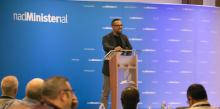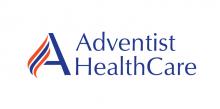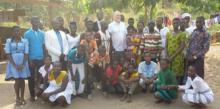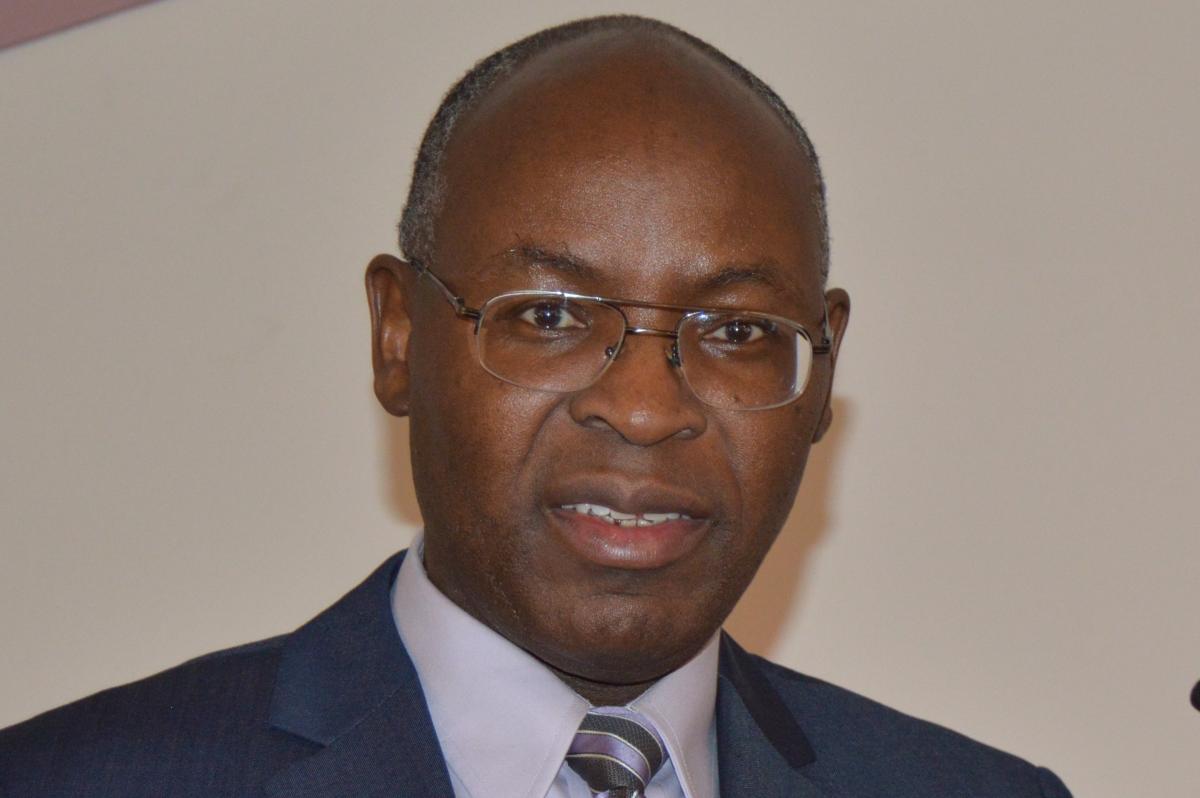Story by V. Michelle Bernard / Photo by Pieter Damsteegt, NAD Communication
This week church leaders, local pastors and institutional leaders from across the Seventh-day Adventist church in North America gathered to discuss ways to collaborate to reach, retain and reclaim the people of North America with Jesus’ message and mission.
Topics covered included church revitalization, the trend of aging churches, ministering to large people groups (such as single mothers and their families) and how to reach missing Adventist members.








 Story by Heidi Shoemaker
Story by Heidi Shoemaker